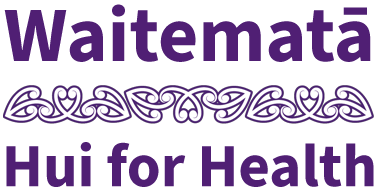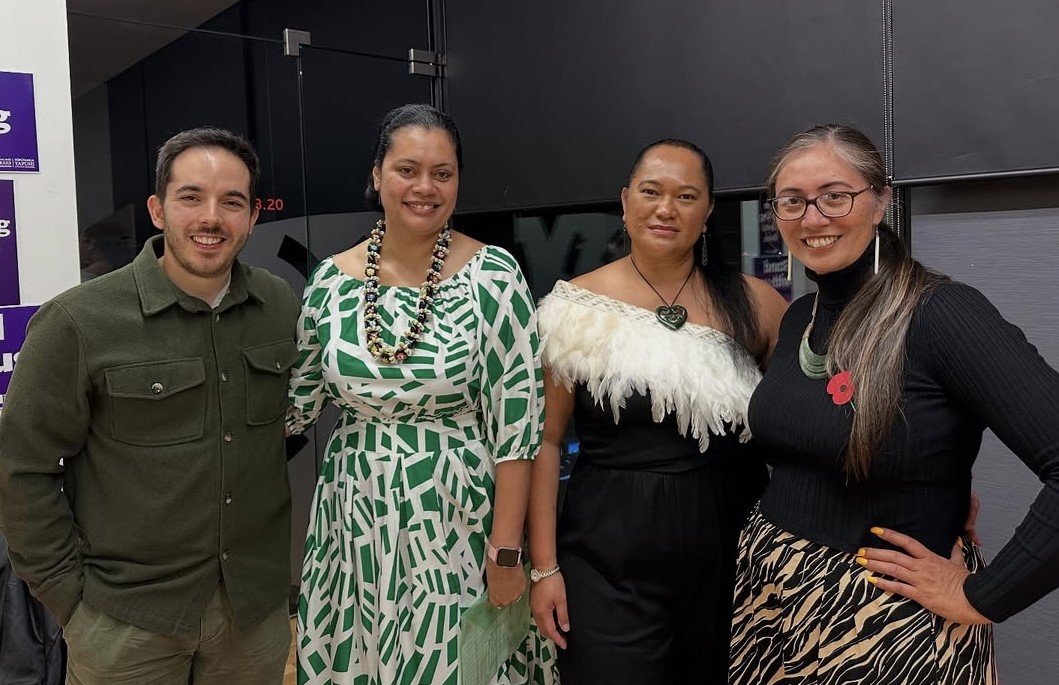‘When we struggle, so do whānau’
Auckland enrolled nurse (EN) Ngatokotoru Ngaporoveta spoke of the “increasing pressure” on health workers — and the impact on families.
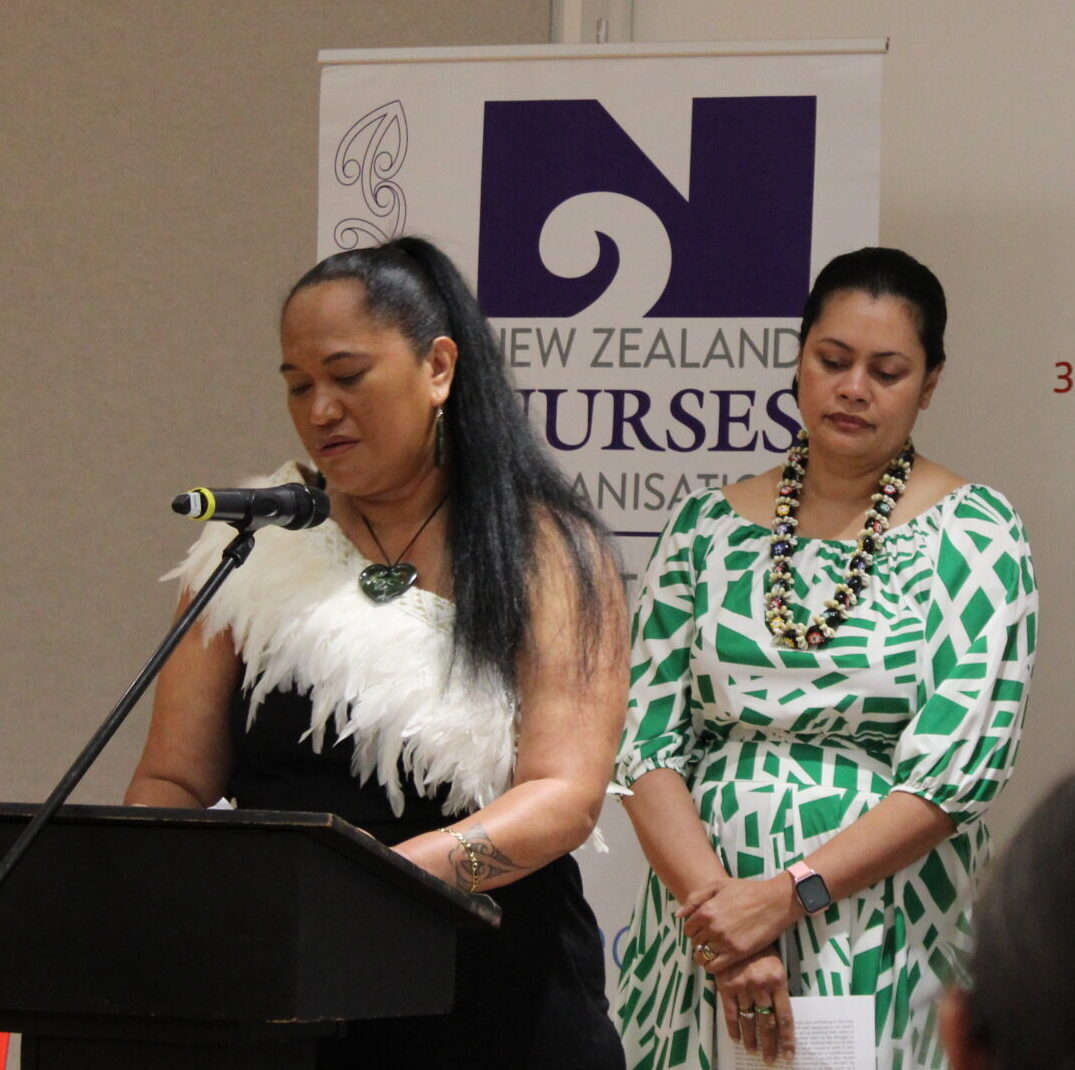
“When our health system is struggling, so too are our whānau, our communities, and our future generation,” she said. Too often, it was vulnerable communities like Māori, Pasifika and rural who were hit the hardest.
“We cannot ignore the strain that is being placed upon us. Our hospitals, our health-care facilities, are facing the harsh reality of short staffing.”
Such pressures directly impacted on the wellbeing of Māori, whose concept of health went “beyond the physical” to balancing emotional, social and spiritual.
“When our health-care system is understaffed, when those who care for us are stretched thin, that balance is disturbed, and it is our whānau who bear the brunt of it.”
Aotearoa’s health-care system needed to be rooted in whanaungatanga — the interconnectedness of all people, she said.
“How can we uphold the mana — the dignity — of both the patient and the health-care worker?”
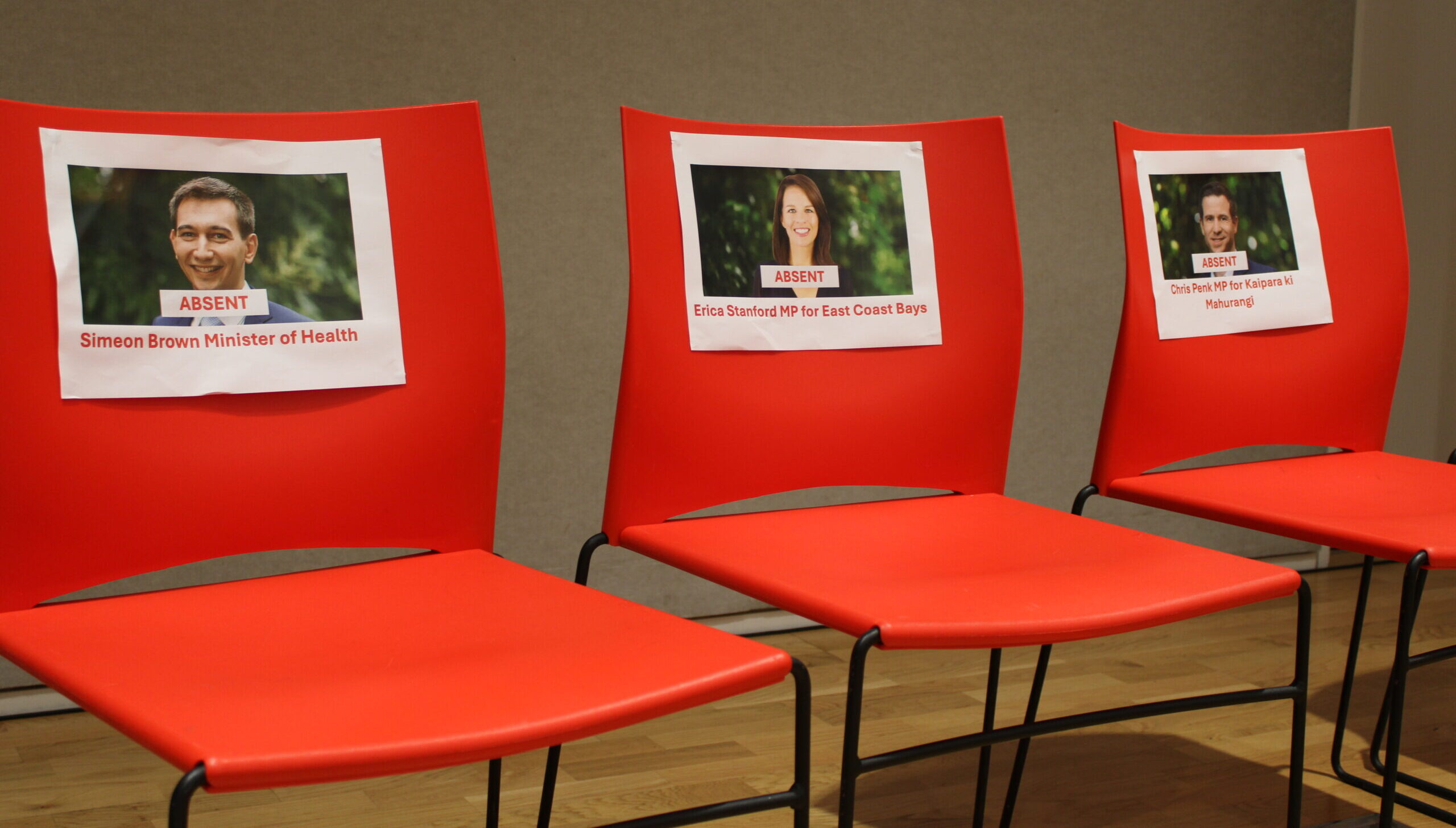
Ngaporoveta said it was time for the Government to listen to workers and invest in the health workforce “as part of a long-term strategy for holistic equitable health care”.
From the Cook Islands, Ngaporoveta told Kaitiaki she also identified as Māori through her husband and children.
Other NZNO nurses and health workers who shared their experiences included Neil Warrington, Jean Classey and Sophie Tomes, who spoke about the impact of constant short-staffing. Nursing student Megan Budgen also spoke about the pressures on nursing students.
As well as the Green Party MPs, Hūhana Lyndon and Ricardo Menéndez March, Te Pati Māori staff and Labour MP Camilla Belich also turned up on a very stormy April night.
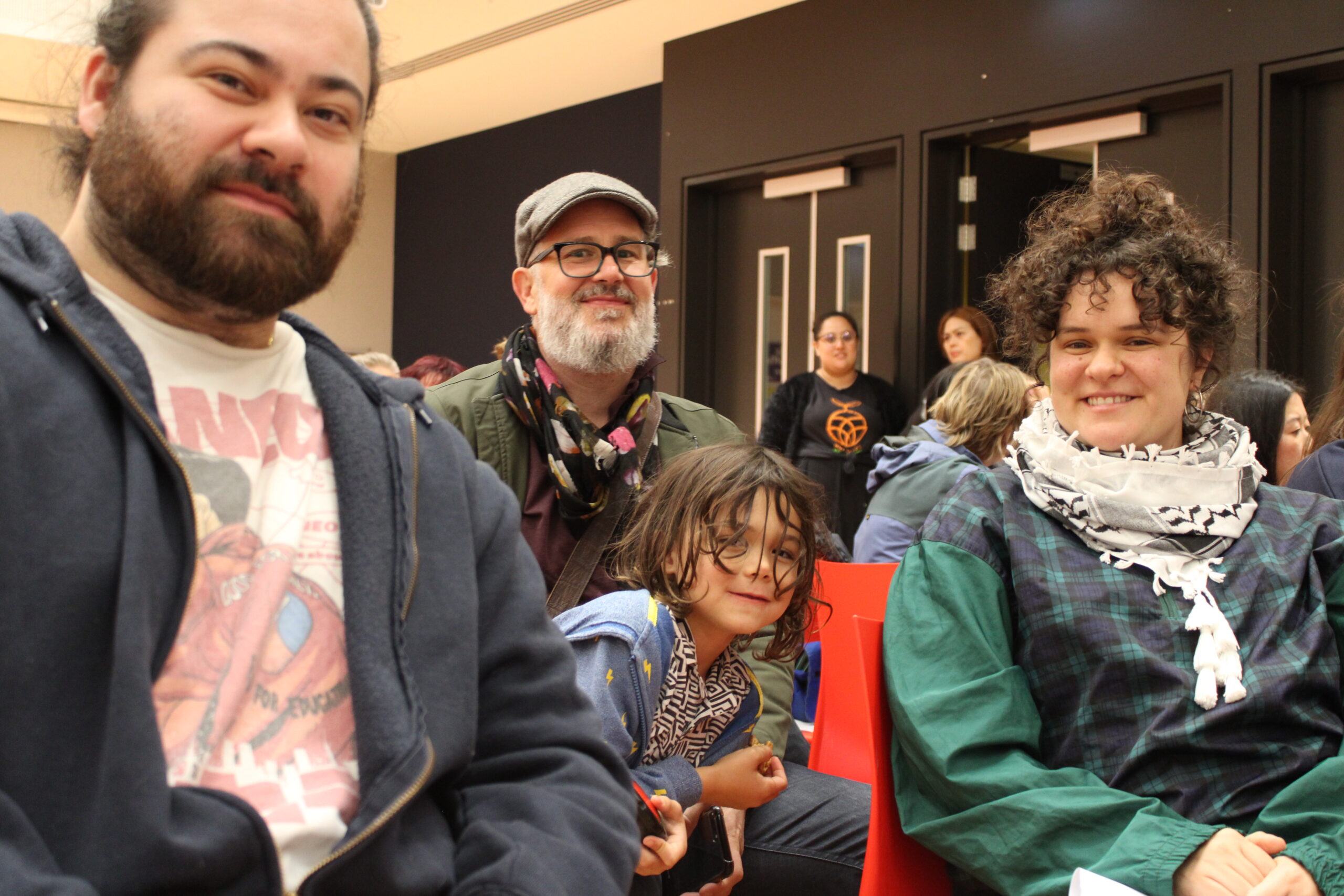
I came into nursing because I had a passion for helping people and because of my personal experiences.
I am a survivor of domestic violence from a previous relationship while I lived in Fiji.
I remember making my way to the hospital with injuries. Being on the islands, as some of us are familiar with, can mean endless stares and questions from strangers while waiting in line to be seen, as well as a lack of empathy and emotional support from hospital staff.
I promised myself I would not let anyone else feel this helpless and unsupported.
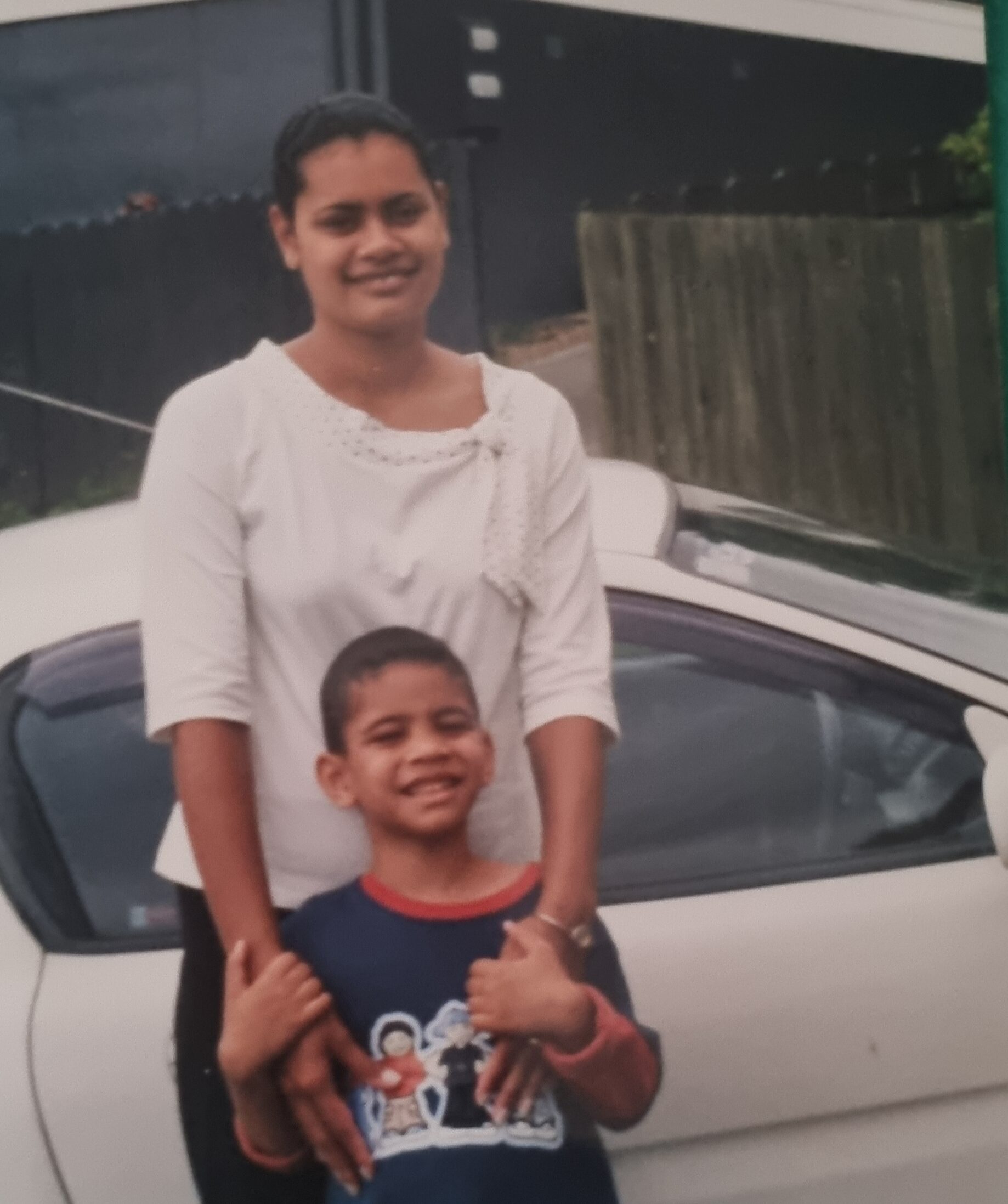
I came to New Zealand in 2005 as a single mum with a five-year-old son, full of hope and determined to make a positive difference when the chance came.
I worked tirelessly as a team leader, then customer service manager at a cleaning company before we were finally granted residency in 2009. That opened the door to studying nursing, which I did at Unitec Institute of Technology in Waitakere.
Patient-centred care
As a Pacific nurse, providing the patient-centred holistic care that each person deserves is imperative. For example, using the Fonofale health model links well to other Pasifika cultural points of view, even though it comes from a Samoan perspective.
It is a fale (house) and is made up of these key elements: the falealuga (roof), pou (posts), fa’avae (foundation) and the cocoon (which represents the time, environment and context), all of which affect and shape who you are. These elements represent our overall wellbeing.
I want to emphasise that nurses cannot fulfil their role effectively without the public’s confidence and trust.
Each is essential for building and maintaining good health and wellbeing, which are at their strongest when they are in balance.
The code of conduct in New Zealand for nurses is framed around trust, integrity, partnership, and respect — the four core values nurses are expected to uphold. I want to emphasise that nurses cannot fulfil their role effectively without the public’s confidence and trust.
But with continuous staff shortages, providing holistic patient-centred care has been a struggle.
The lack of resources has led to us burning out as we try to juggle so many tasks.
Every day, I experience self-conflict after completing a shift, when I ask myself why I even came today, when I could not do my best for my patients?
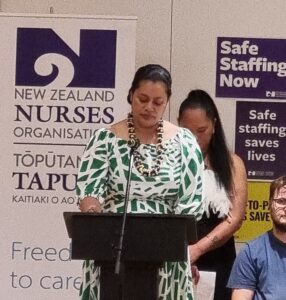
How do I build their trust and confidence if we do not have enough staff and resources to do what’s best for them?
Ensuring their safety at a bare minimum is pivotal — but getting by like this is not enough. We walk on eggshells daily as we struggle to make decisions about our patients’ health without enough staff to share the work safely around.
This feeling not only affects us nurses at work. It also affects our families at home because there are feelings of hopelessness about whether the situation will ever improve.
My personal story is not as important as what will happen next.
Hence, I cannot give myself 100 per cent as a mum, wife and individual when I am with my family. They do not deserve this. Having family in our lives gives us a sense of completeness. Family is part of our physical wellbeing (the pou) and integral to the wellbeing and health of Pasifika people.
My personal story is not as important as what will happen next. Let’s all call on the Government to fund our health system properly, so we can provide the kind of excellent and culturally-appropriate care we want to.
–– This was adapted from kōrero given by Auckland RN Imelda Rokoua and enrolled nurse Ngatokotoru Ngaporoveta at Waitematā’s hui for health last month. Organised and run by NZNO members for patient advocates, health workers, unions, local and national politicians, the next one is on May 15 in Ōtautahi/Christchurch.
See other stories from the hui: Students are sleeping in cars and Soul-crushing work of a nurse today.



